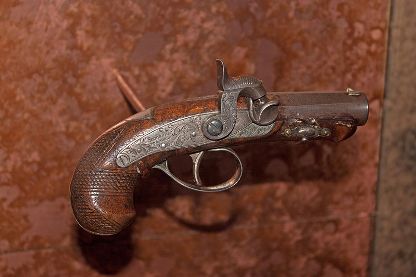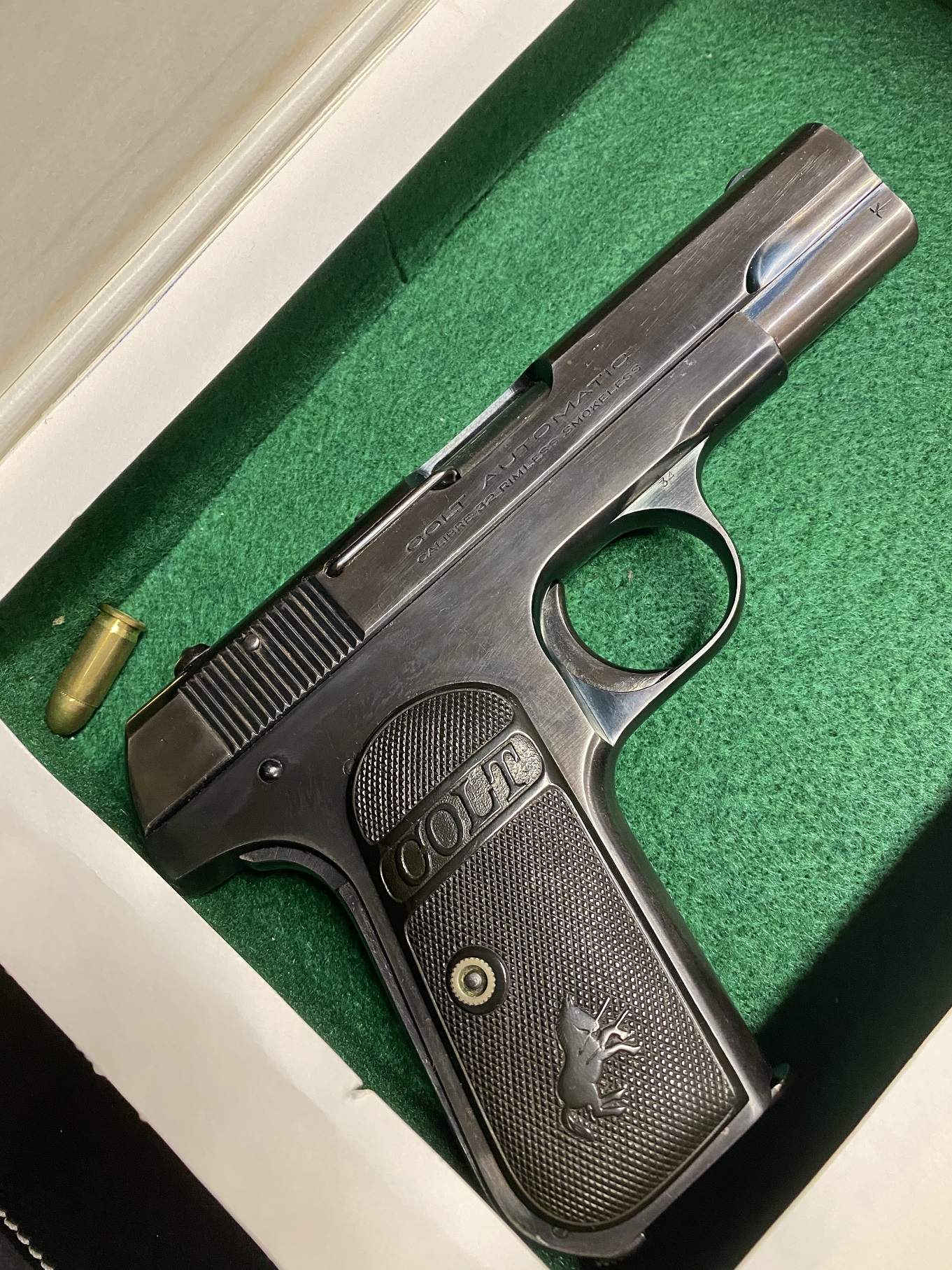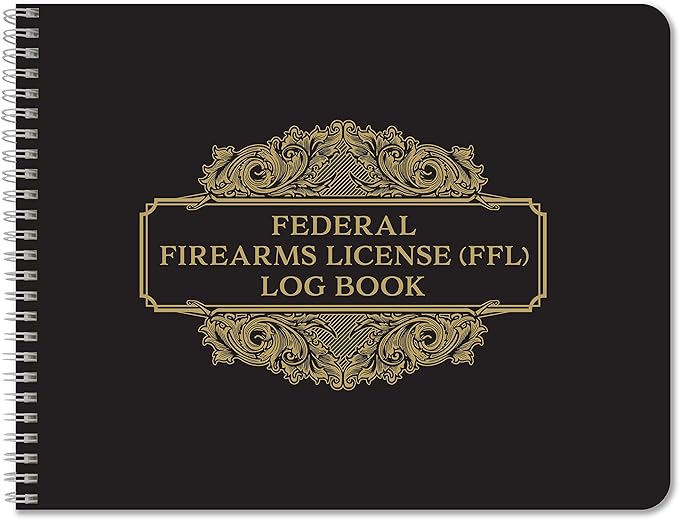The IRS says ... Whether it’s something you’ve been doing for years, or something you just started in order to make extra money, taxpayers should report income earned from hobbies on their tax return.
What about licensing?
The ATF says ... A Collectors License (C&R) does not authorize the collector to engage in the business of dealing in curios or relics. A dealer’s license must be obtained to engage in the business of dealing in any firearms, including curios or relics1.
USC 921 addresses the fact that you cannot be a "dealer in firearms" without a Federal Firearms License (FFL). (C) as applied to a dealer in firearms, as defined in section 921(a)(11)(A), a person who devotes time, attention, and labor to dealing in firearms as a regular course of trade or business with the principal objective of livelihood and profit through the repetitive purchase and resale of firearms, but such term shall not include a person who makes occasional sales, exchanges, or purchases of firearms for the enhancement of a personal collection or for a hobby, or who sells all or part of his personal collection of firearms.
And (22) The term "with the principal objective of livelihood and profit" means that the intent underlying the sale or disposition of firearms is predominantly one of obtaining livelihood and pecuniary gain, as opposed to other intents, such as improving or liquidating a personal firearms collection.
For most, it's a hobby for sure and never will be a business. But you may have to pay some income tax along the way toward building your collection thanks to TCJA.

What is the difference between a hobby and a business?
A business operates to make a profit. People engage in a hobby for sport or recreation, not to make a profit. But the lines can blur easily. There have been a lot of people that turned their hobby into a successful business. So how do you know when you cross that line?
And why does it matter?
Why does it matter if I classify my income as being from a hobby or a business? First, income from a hobby is reported on line 8, Schedule 1 of Form 1040 as miscellaneous income not subject to self-employment tax (Social Security and Medicare Tax) and you cannot deduct a loss from a hobby. If you report the income on Scedule C as a business, the net profit is subject to self-employment tax in addition to income tax.
Secondly, if you report income from your hobby, you cannot deduct expenses related to the production of that income (except the cost of the goods sold)2. Alternatively, if you report the income as a business on Schedule C, you can deduct all of your expenses that are considered reasonable, necessary or ordinary for the production of that income. You may even show a loss if the expenses exceed the income.
The fact is, since TCJA2, having a profitable hobby just got more expensive. I often say, if you look close enough, most things in life have a good side and a bad side and that is certainly true with the Tax Cuts & Jobs Act.
Hobby Example after TCJA
#1- I buy a gun for $1,000 and sell it for $2,000. My income is $1,000. I should report and pay income tax only on $1,000. I might put it on Line 8, Schedule 1 with a description of simply "Hobby Income." The Treasury or IRS has no requirement that I identify the source or even the type of hobby on the return. Just type of income, which is hobby, and amount, which is $1,000.
Since TCJA, I can no longer deduct my other expenses associated with this hobby income. Before, you could deduct hobby expenses (to the extent of income) as a Misc. Deduction Subject to 2% of AGI on Schedule A. That section of Schedule A has been deleted. For example, if I paid $200 advertising the gun for sale, no deduction. However, if the Auction House takes their $200 consignment fee before I get a check for the net amount, then my sales price is only $1,800. They pay the advertising and they can deduct it.
#2- I buy a gun for $3,600, later learn that it has been refinished from blue to nickle and sell it with disclosure for $2,000. I do not report the transaction on my income tax return at all. This is the same as before TCJA.
Business Example
#1- I buy a gun for $1,000 and sell it for $2,000. My gross profit is $1,000. But I also deduct business expenses such as mileage to the gun store, gun shows, a trip to the indoor range and bank of $57. I also deduct subscription expense of $15 to a gun forum, bank charges for my separate business account of $60 and indoor range fees of $45 to test the gun.
After deducting my other expenses of $177 from my gross profit of $1,000, my net profit is $823 but I pay self-employment tax in addition to the income tax on that profit.
#2- I include the $2,000 revenue from the sale of the altered gun and include the cost of $3,600 in my Cost of Goods Sold (COGS) expense, $100 Other Expense for the cost of the Colt Archive Letter confirming the alteration and report a loss of ($1,700).
Once a gun collector ceases buying guns and begins liquidating them, clearly it is no longer a hobby.
Whether it takes one year or five to partially or wholly liquidate, for that period of time one might want to take the position that it is a business for income tax purposes. You most assuredly will incur significant expenses in the liquidation process.
Frankly, for income tax purposes the door seems to be open to take the position that the income was derived from a hobby or that the income was derived from a business, depending on all of the facts and circumstances. That door is a swinging door. You might want to call it hobby income and under audit, the IRS might want to reclassify it as self-employment income subject to self-employment taxes (a business).
Some of you guys will want to hear this. The best evidence that you have not abandoned gun collecting as a hobby is to continue buying guns.
Don't run afoul of either ATF or IRS Rules
During the liquidation process you must follow all rules, regulations and laws concerning the transfer of ownership of a firearm. When the time comes, I can legally sell all of my guns from the collection, whether I have 40 or 400 without being classified as a firearms dealer as long as I do it properly. Personally I would not want a collection that large, but I have a friend that has more than 400 in his collection. It may take more than five years to liquidate that number successfully realizing the best prices.
The question becomes, can liquidating a collection be a business in IRS eyes and not in ATF eyes? After TCJA we may find out.

One cannot argue that an activity cannot be a business because it would be illegal. Remember Al Capone? If Capone had only filed a Schedule C with a Business Code of 999999 Unable to Classify, reported his income and paid his taxes.
If the liquidation phase year(s) were reported on Schedule C with a personal tax return as a Sole Proprietor, the description of the business might be listed as Gun Collector with Business Code 453998, which is the NAICS Number for Collectors' Items. This code applies to certain store retailers and individual collectors even though they don't have a storefront.
Finally, if you collect antique firearms, ignore everything I've said so far and continue reading. The Flat 28% Collectibles Capital Gains Tax likely applies to you, unless your activity is a business.
This may be the only "antique" firearm you will see on these web pages. I don't own any antique firearms. Take note, it will be important later as you continue reading.
Example of a Non-Antique Firearm

Although this gun is 98 years old, that's right, it will be 100 years old in 2022, it is not an antique! And in two years when it turns 100 years old, it still won't be an antique.
To the uninformed non-collector, this gun is an antique all day long and twice on Sunday!
That's because they think in different terms. For example, in most states an automobile only has to be 25 to 35 years old to be classified as an antique for registration purposes. To the ATF this gun is a Curio & Relic (they have their own language). To the IRS it's just an asset or inventory item, but it is specifically not a collectible by their definition.
Gun Collectors have their own language as well and most tend to categorize guns into three categories or classes, a gun is either a "collector", a "shooter" or a "wall hanger." A wall-hanger is a gun that cannot be safely fired and due to lack of value, rarity or condition does not meet collector status enough to warrant space in the display cabinet, undeserving, it is relegated to a conversation piece or used for decorative purposes. Generally speaking a shooter is a gun that is not quite collector grade, can be fired safely and without adversely affecting the value. To most, this gun is a shooter and in fact that is what I do with it, I shoot it.
"It's 2020 and you are throwing away all of your cancelled checks and credit card statements from 2016. You might want to pull out that $2,000 cancelled check or cc statement for the gun you bought that year and save it."

Should you sell that gun you purchased back in 2016 in 2020 at a profit and report it on your income tax return, the IRS or a State Department of Revenue would have until April 15, 2024 to question or audit the transaction. That represents the three-year statute of limitations from the due date of the tax return for the 2020 tax year, April 15th, 2021 (or the date you filed, if later).


